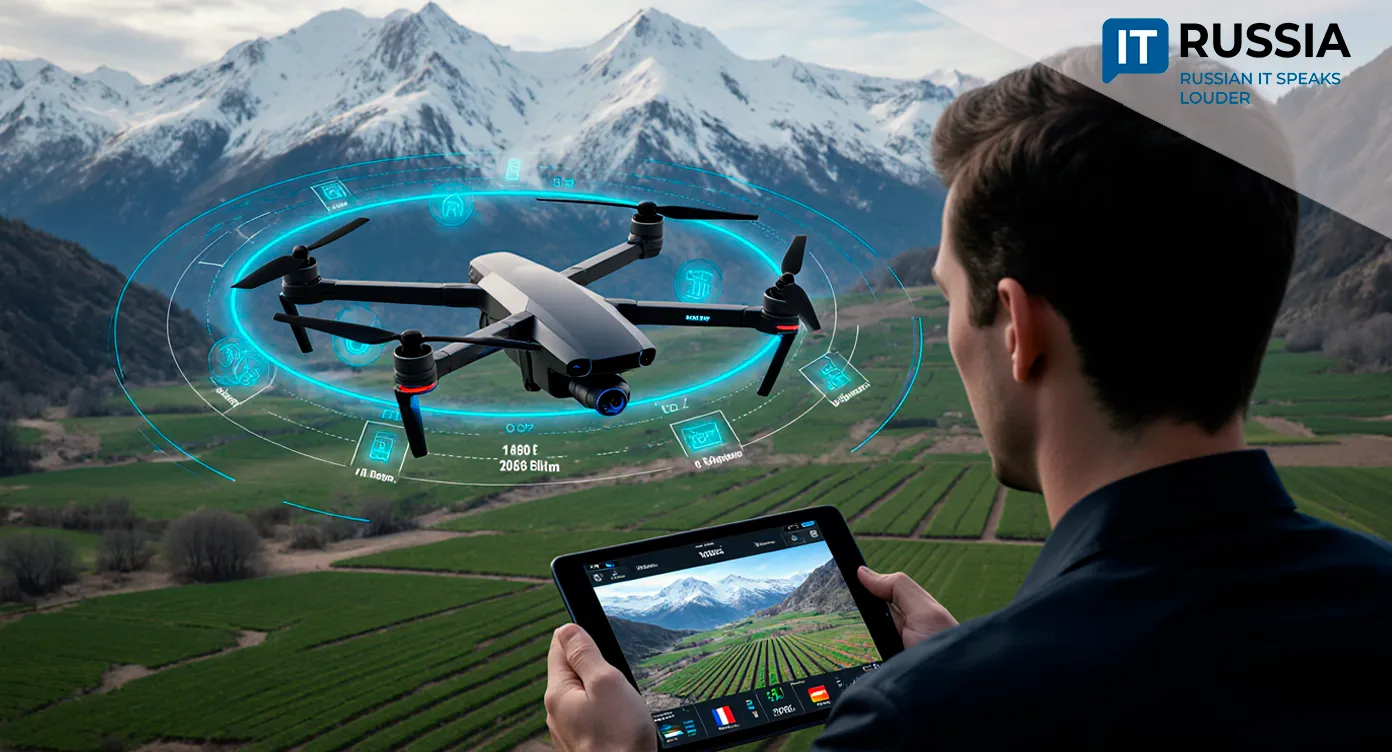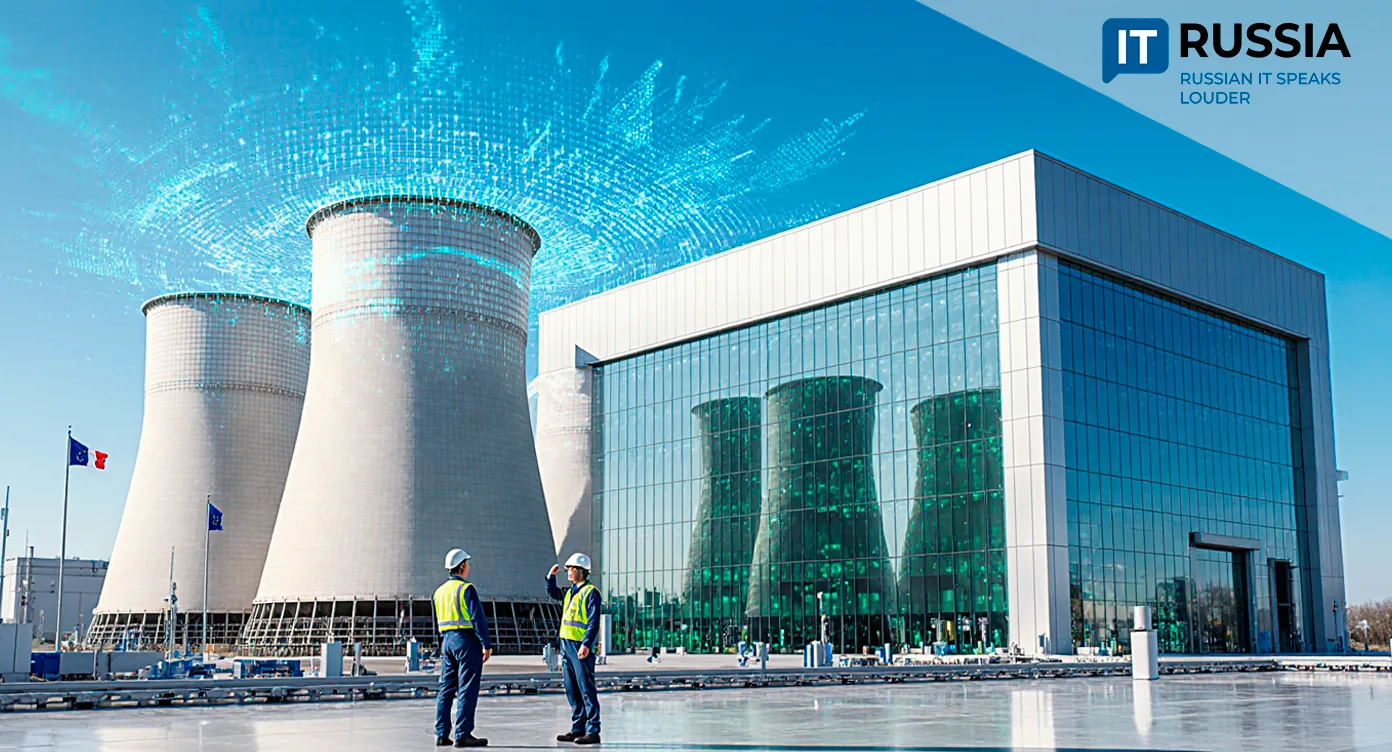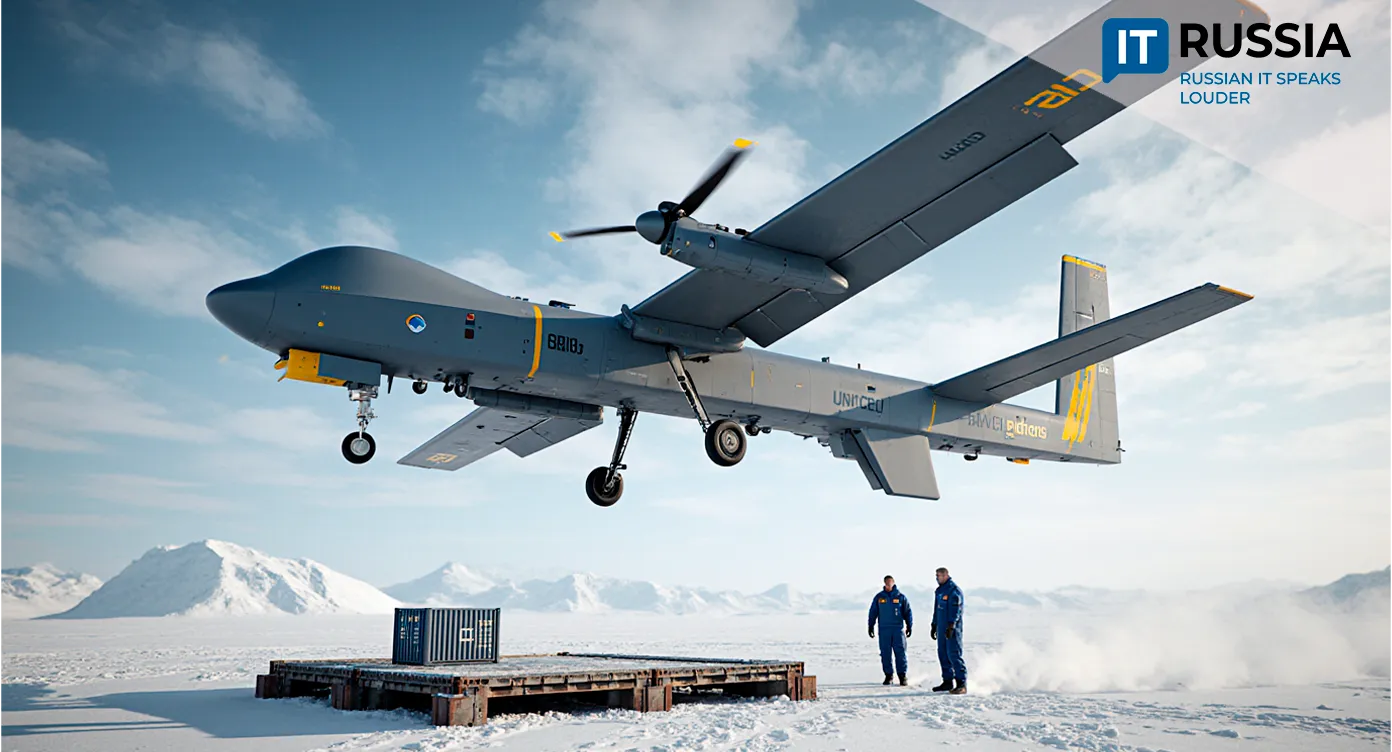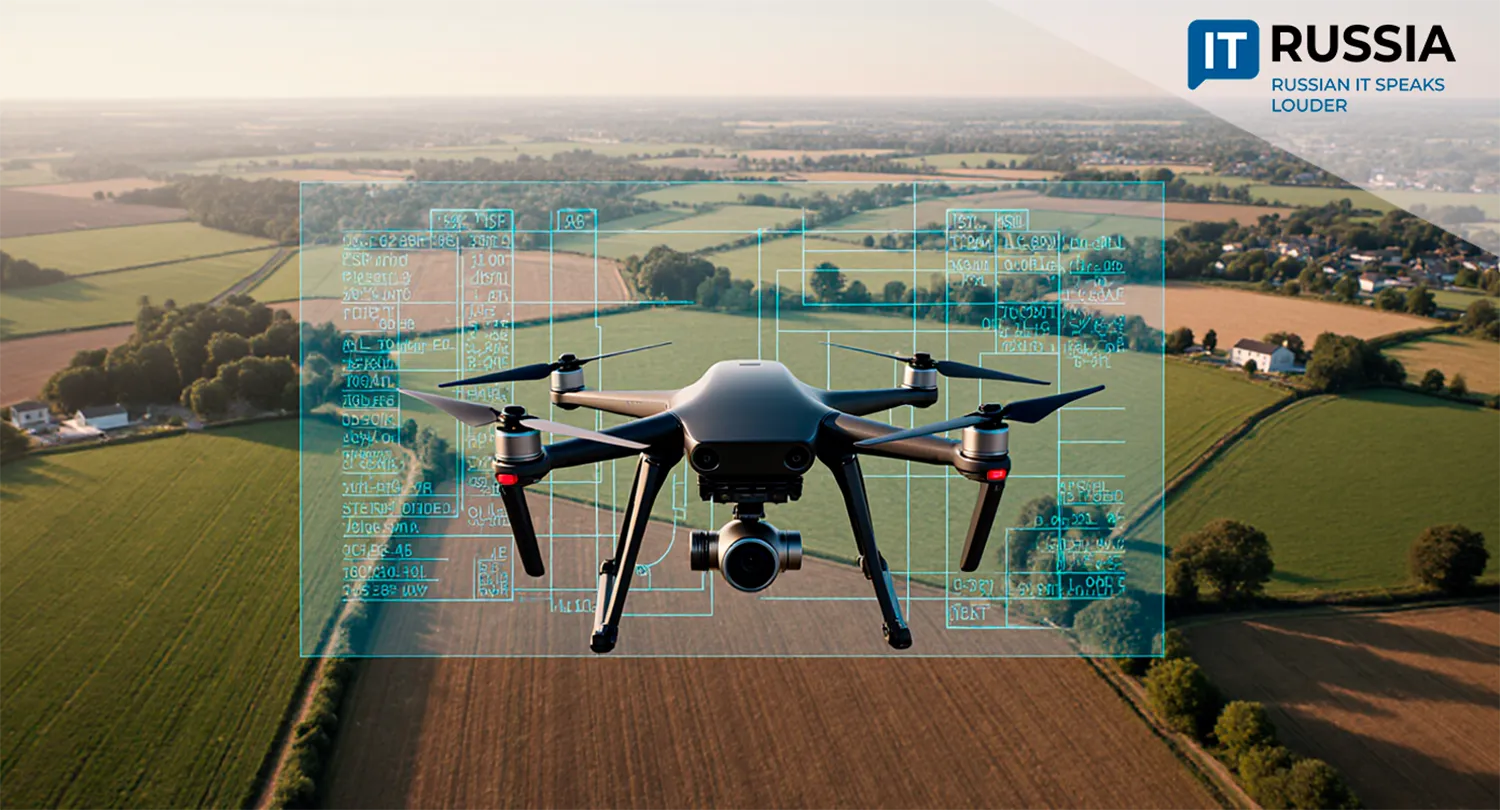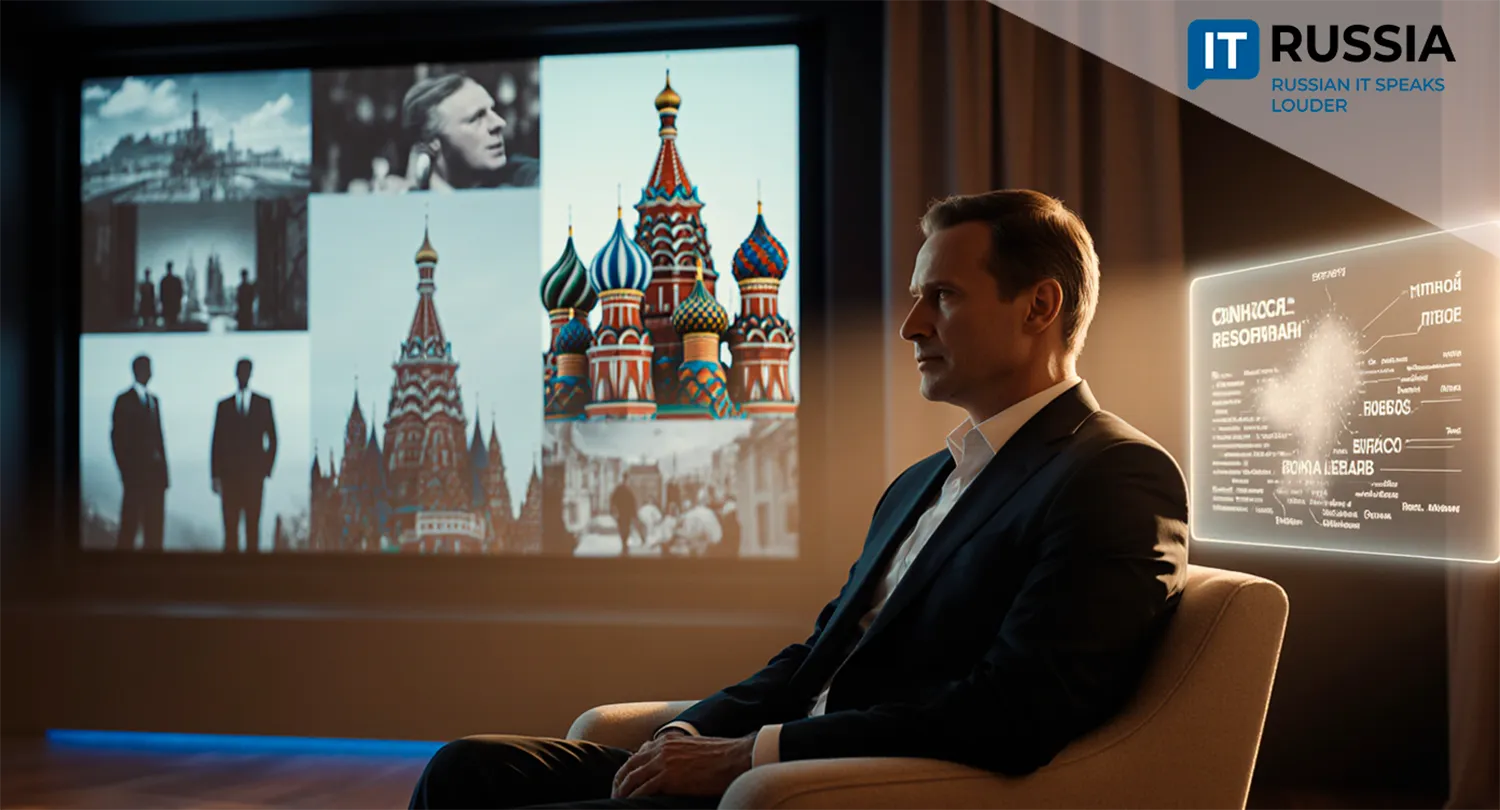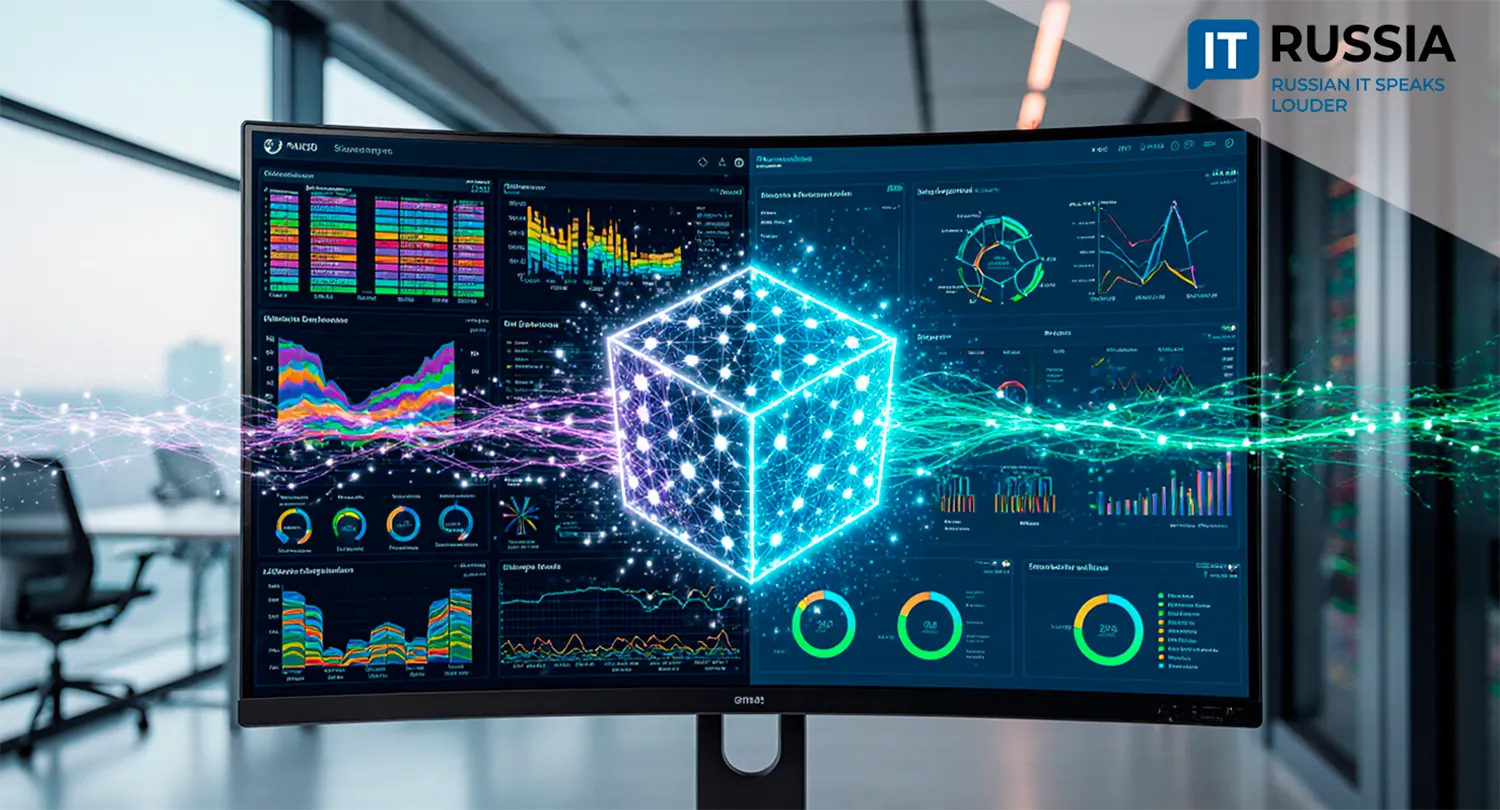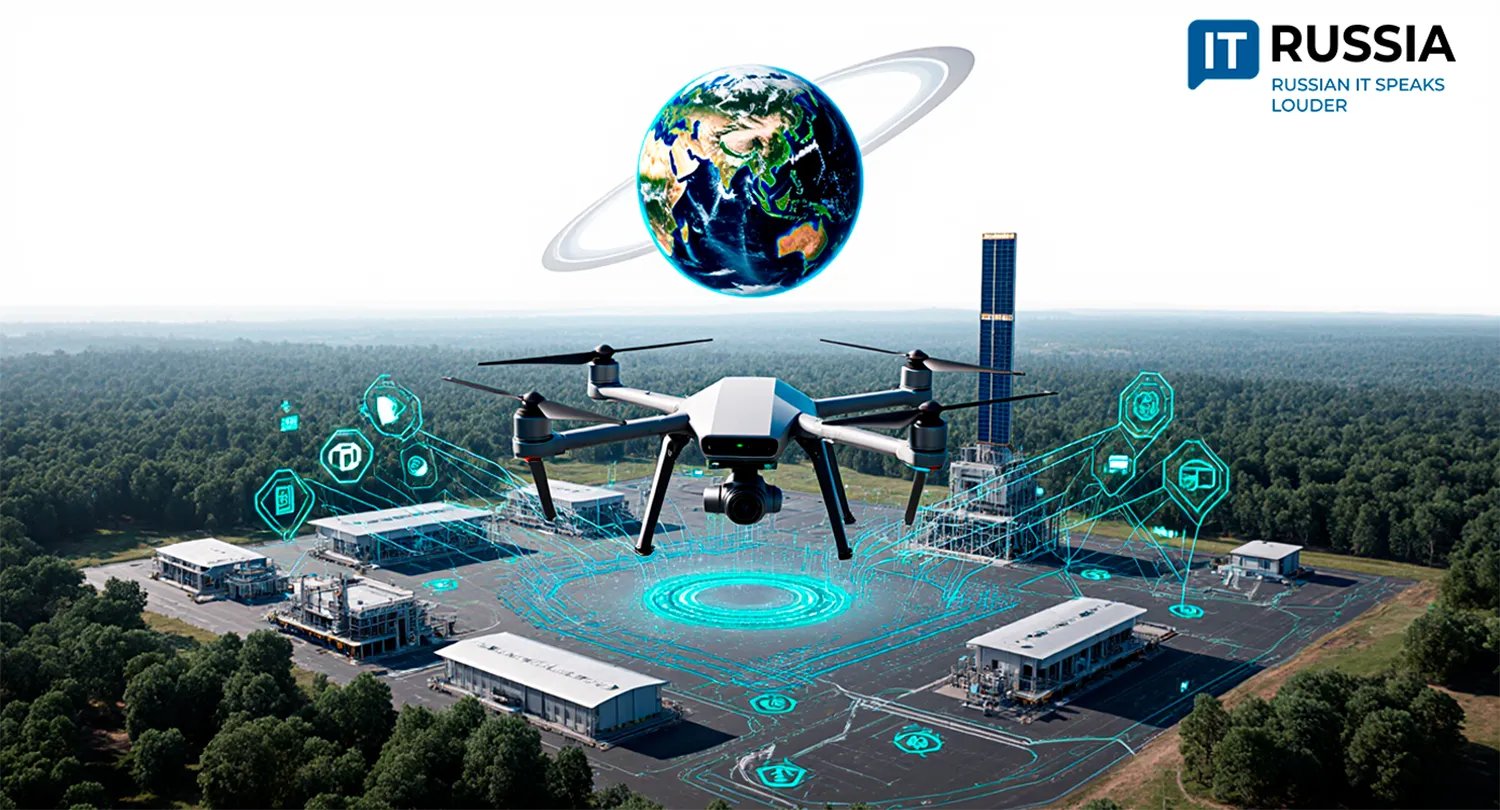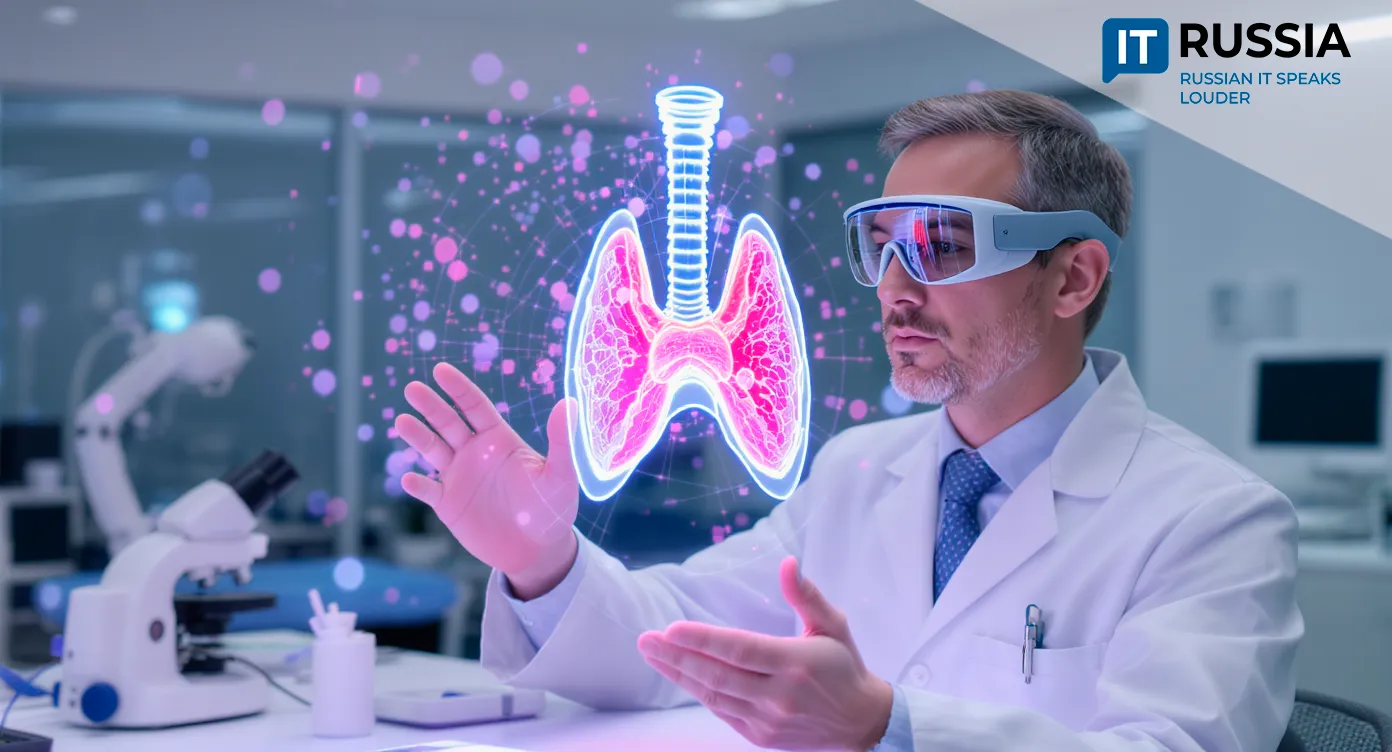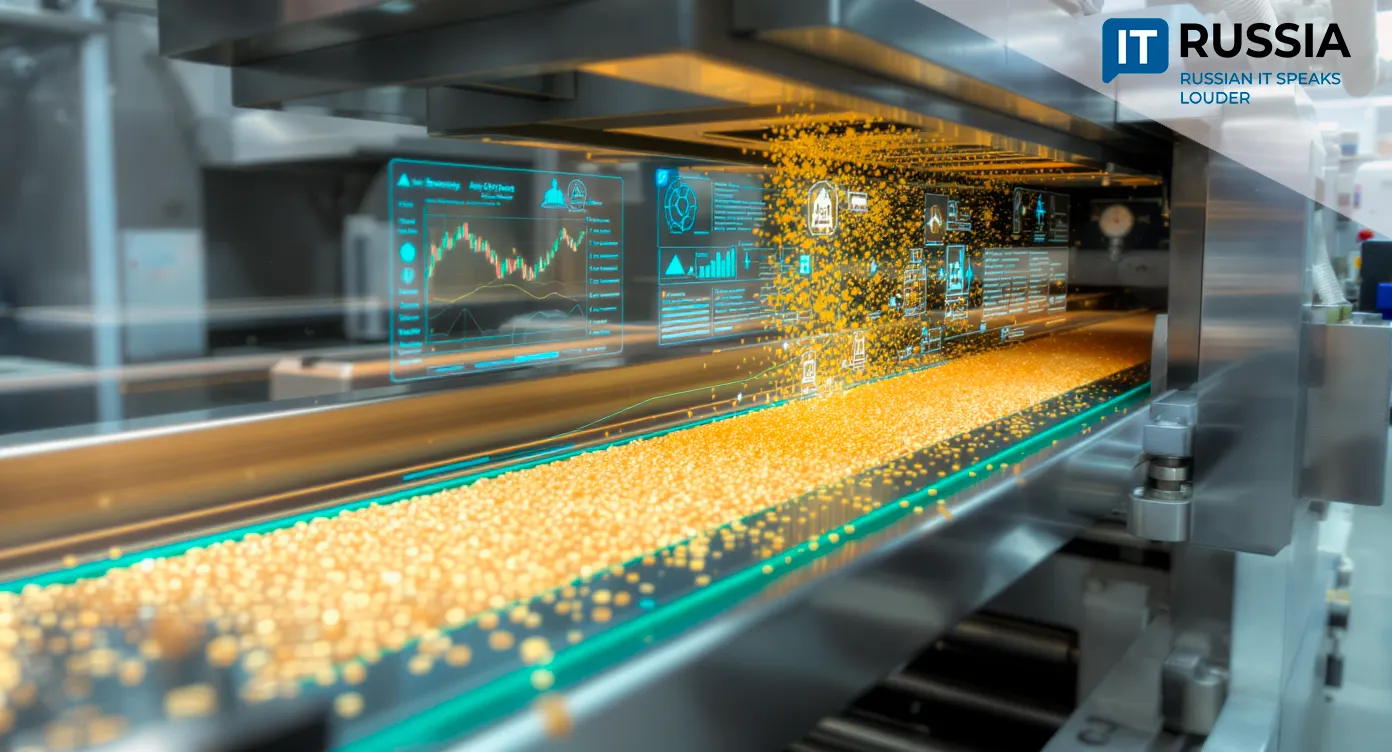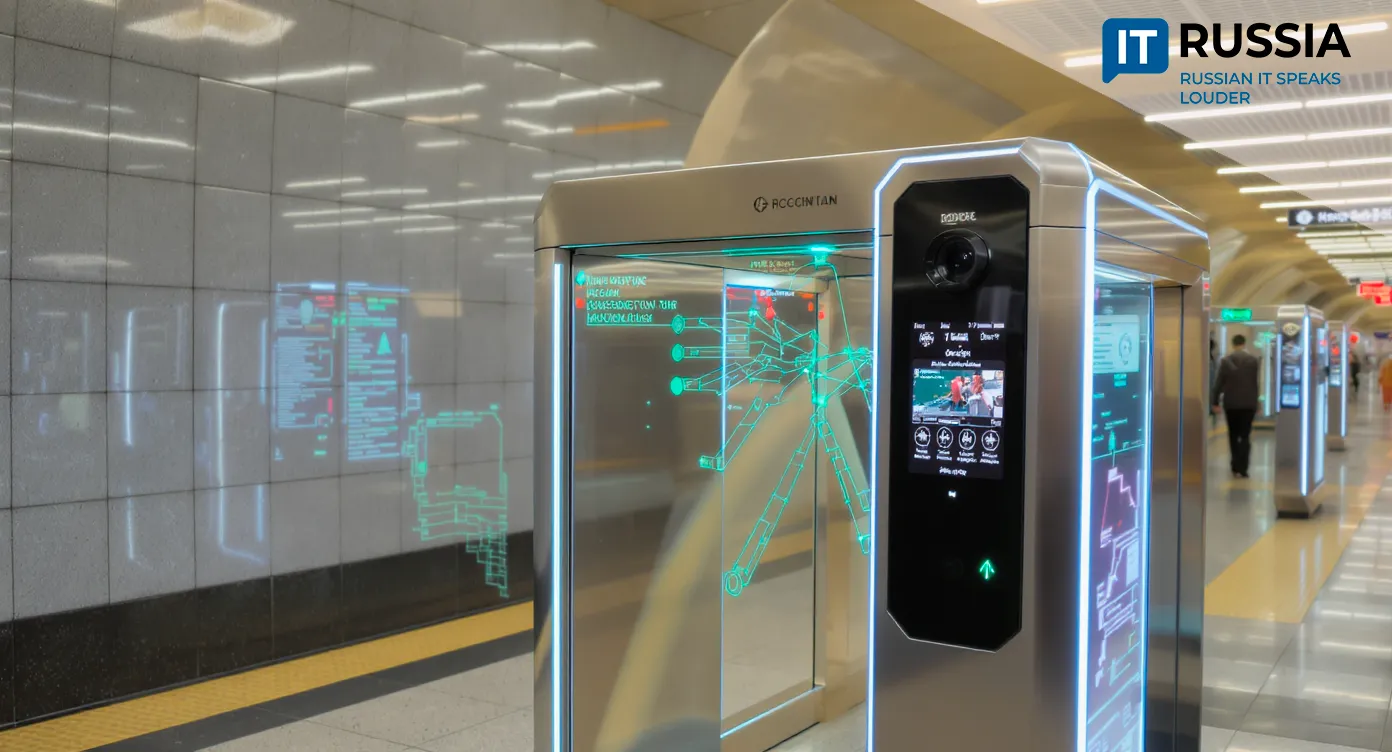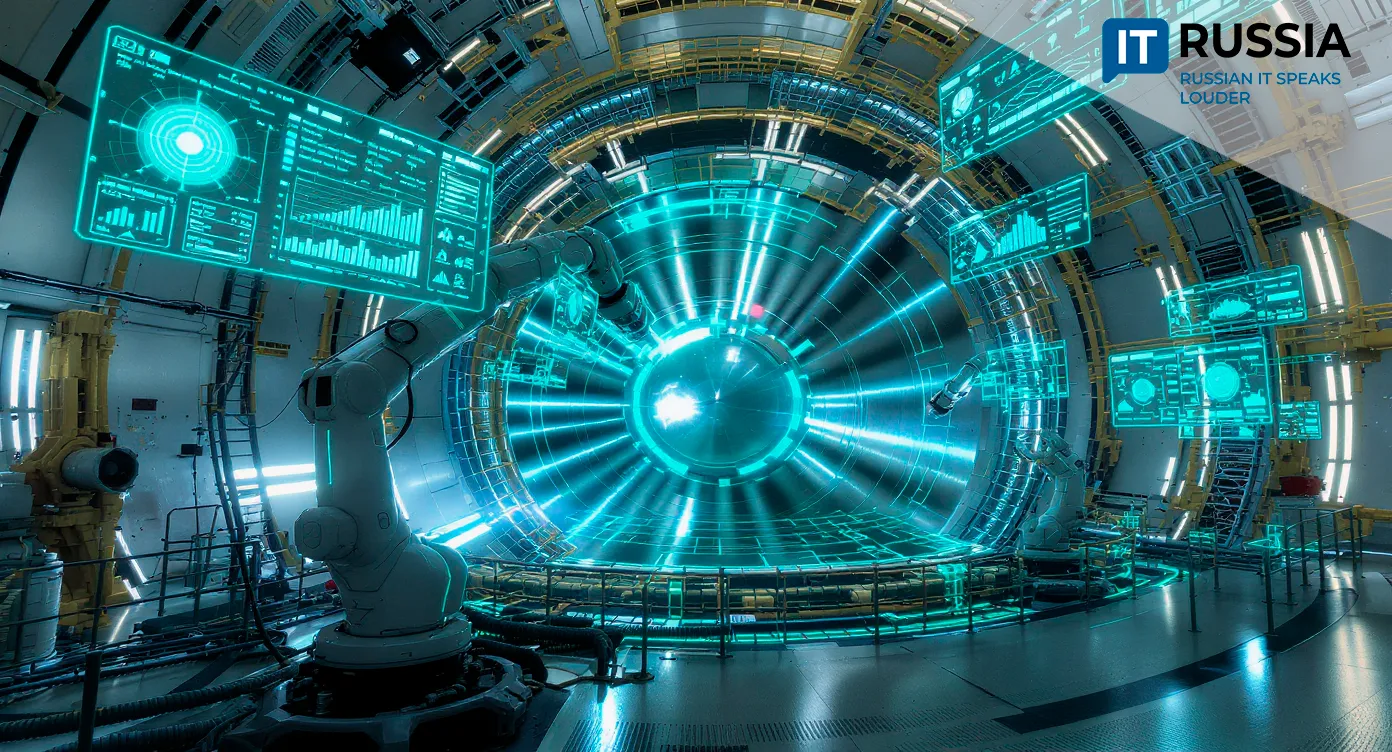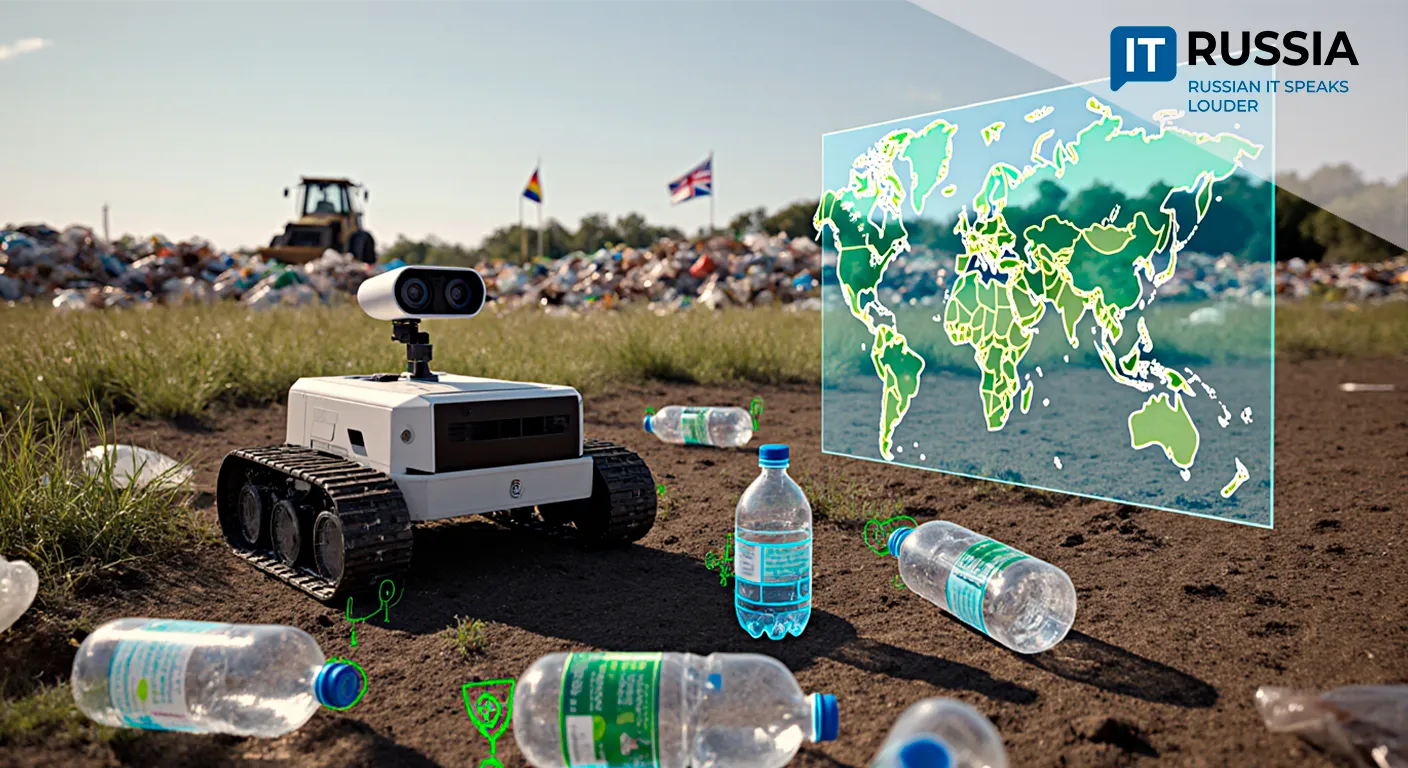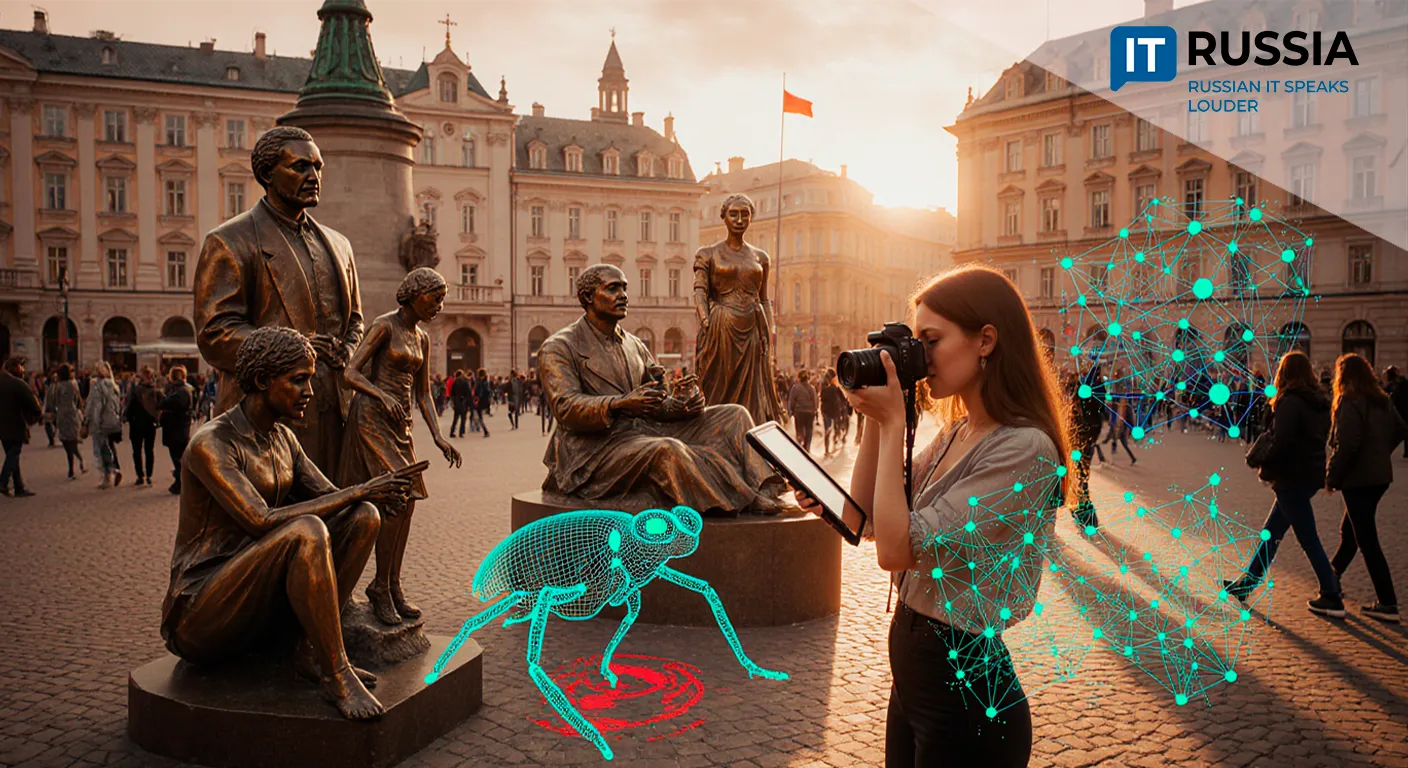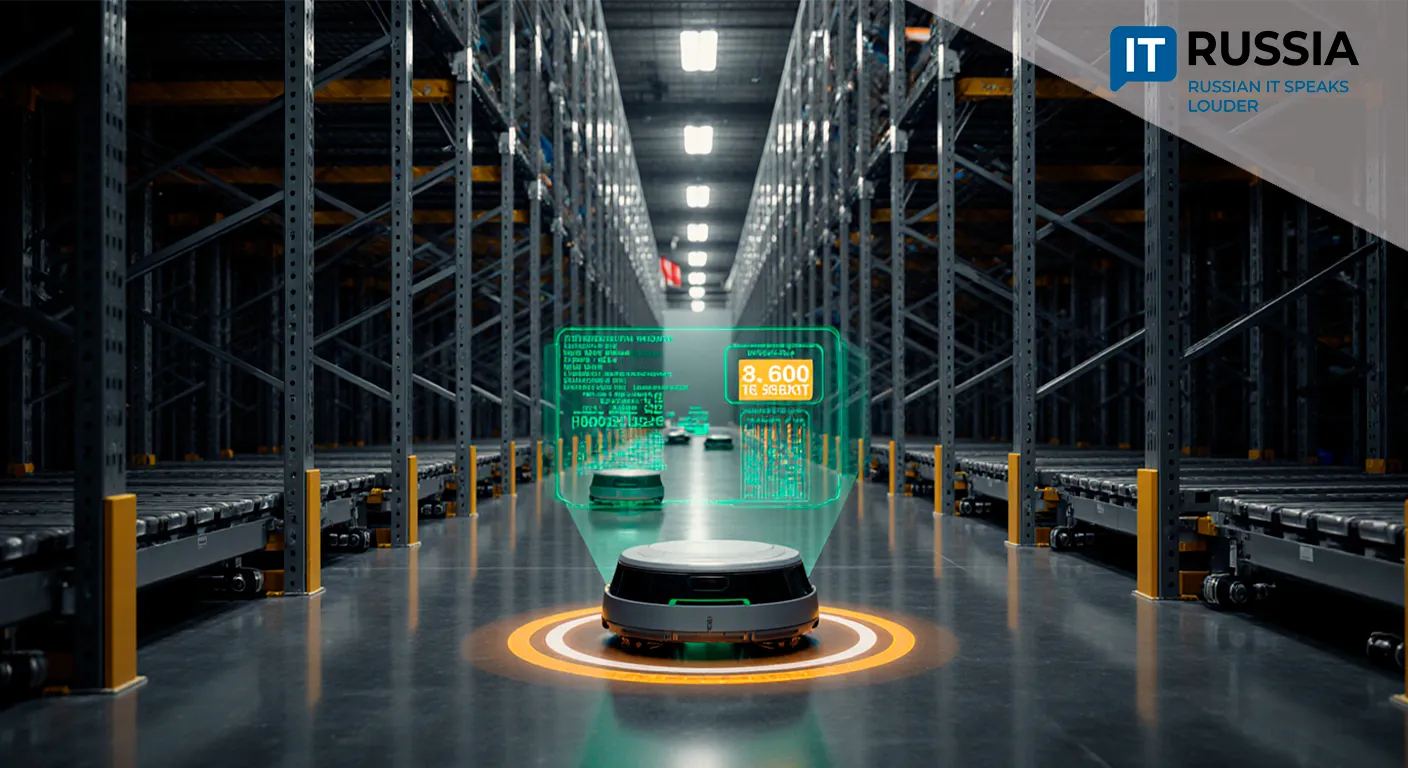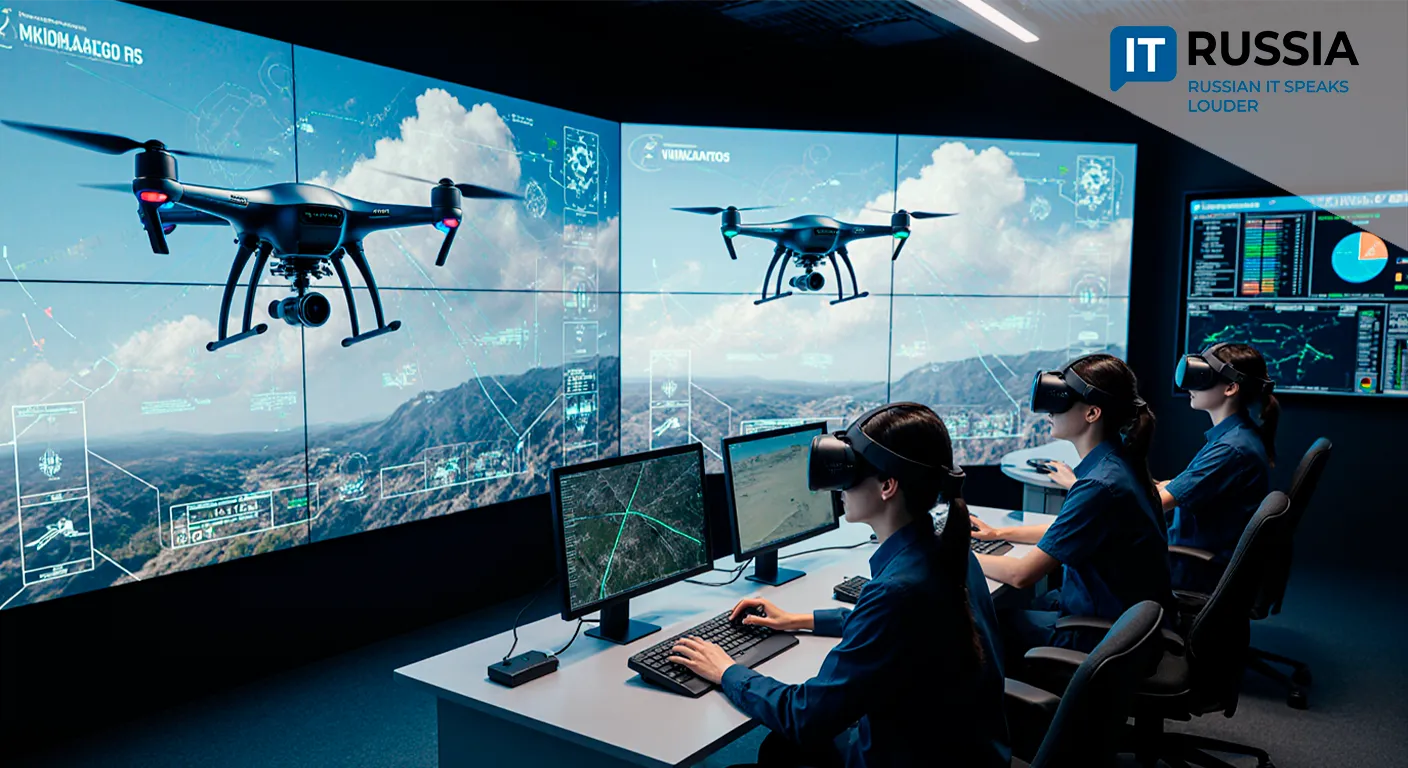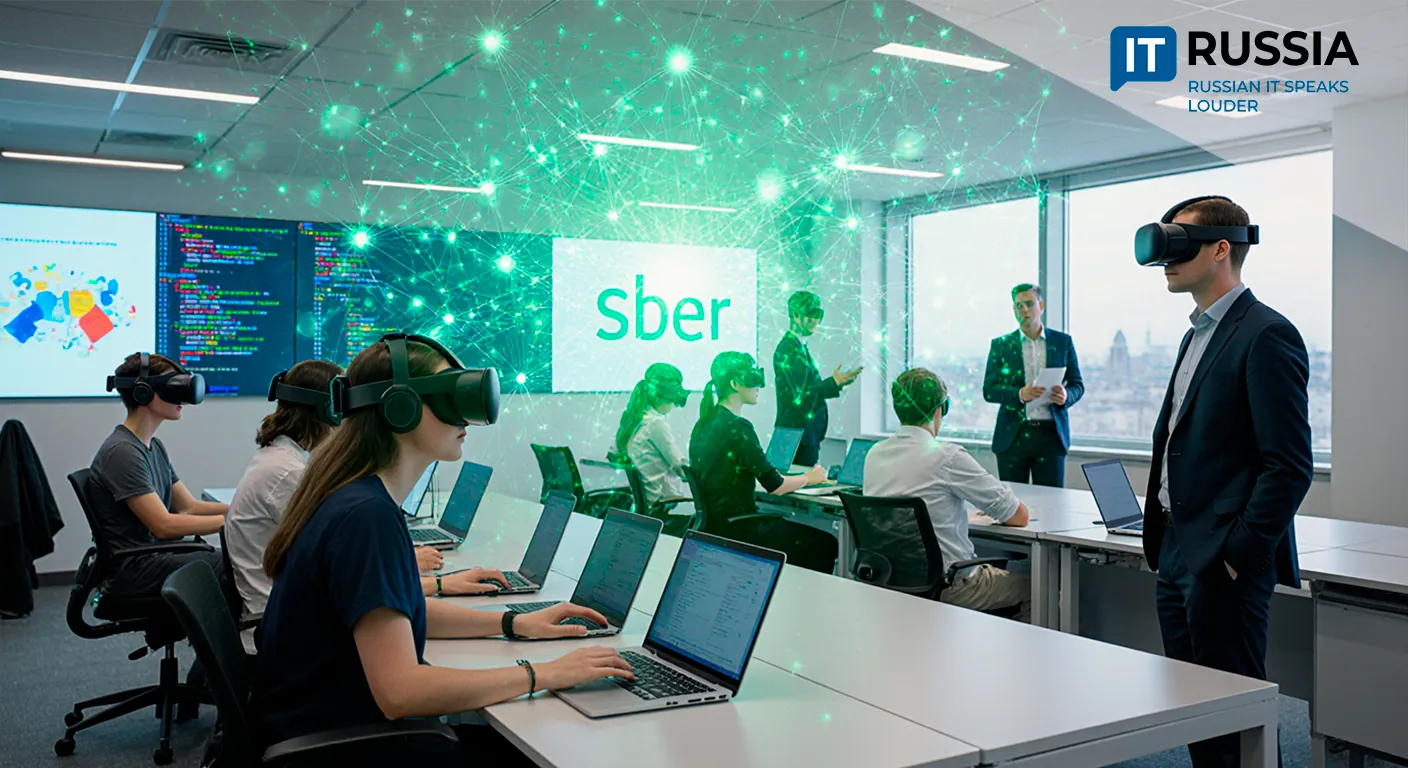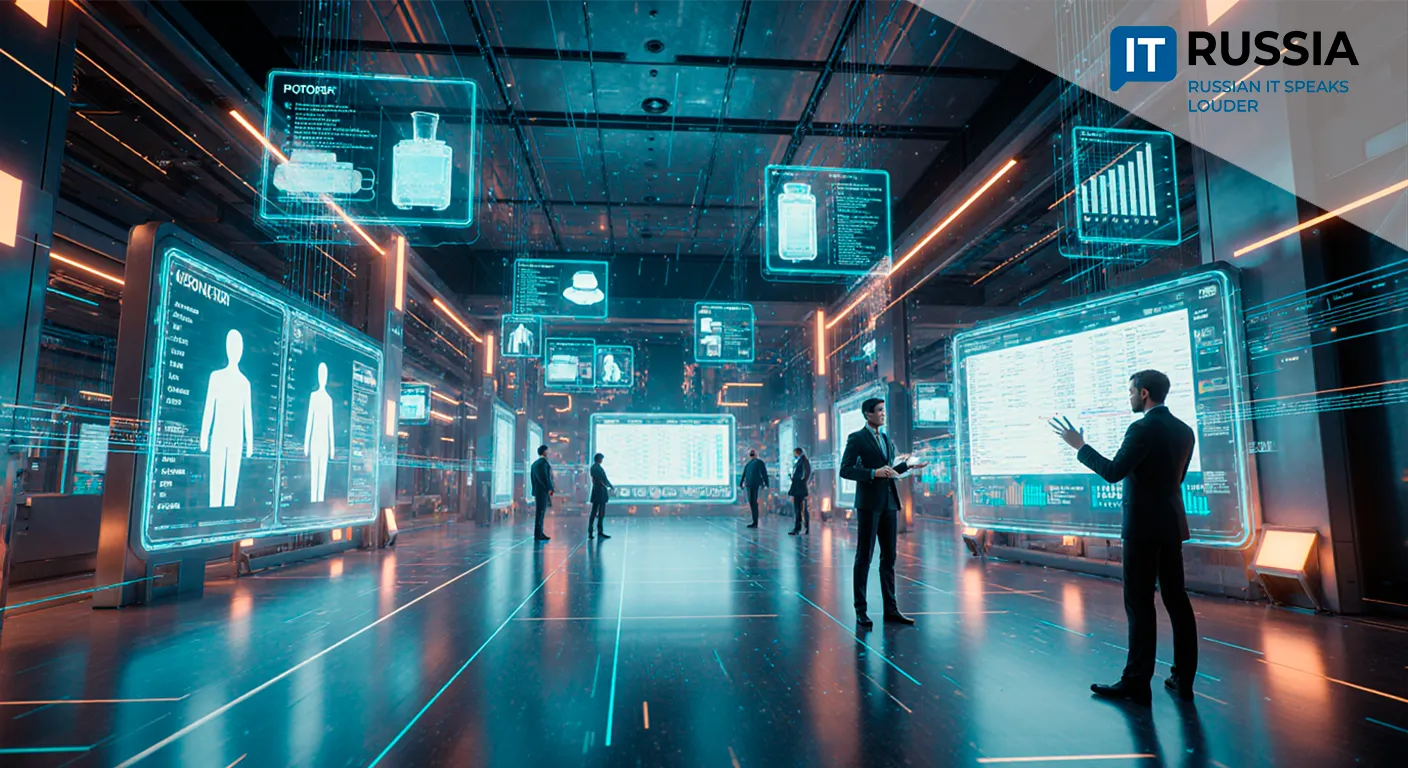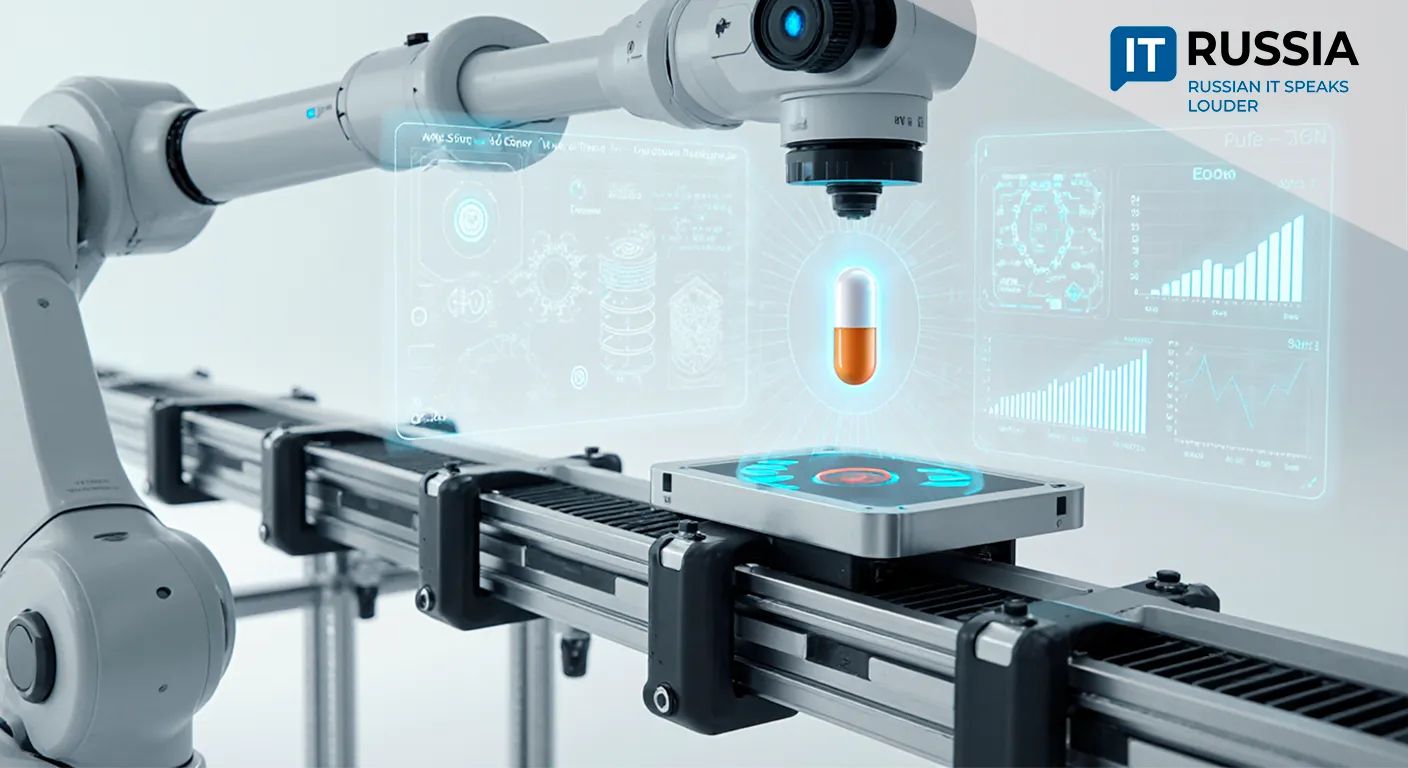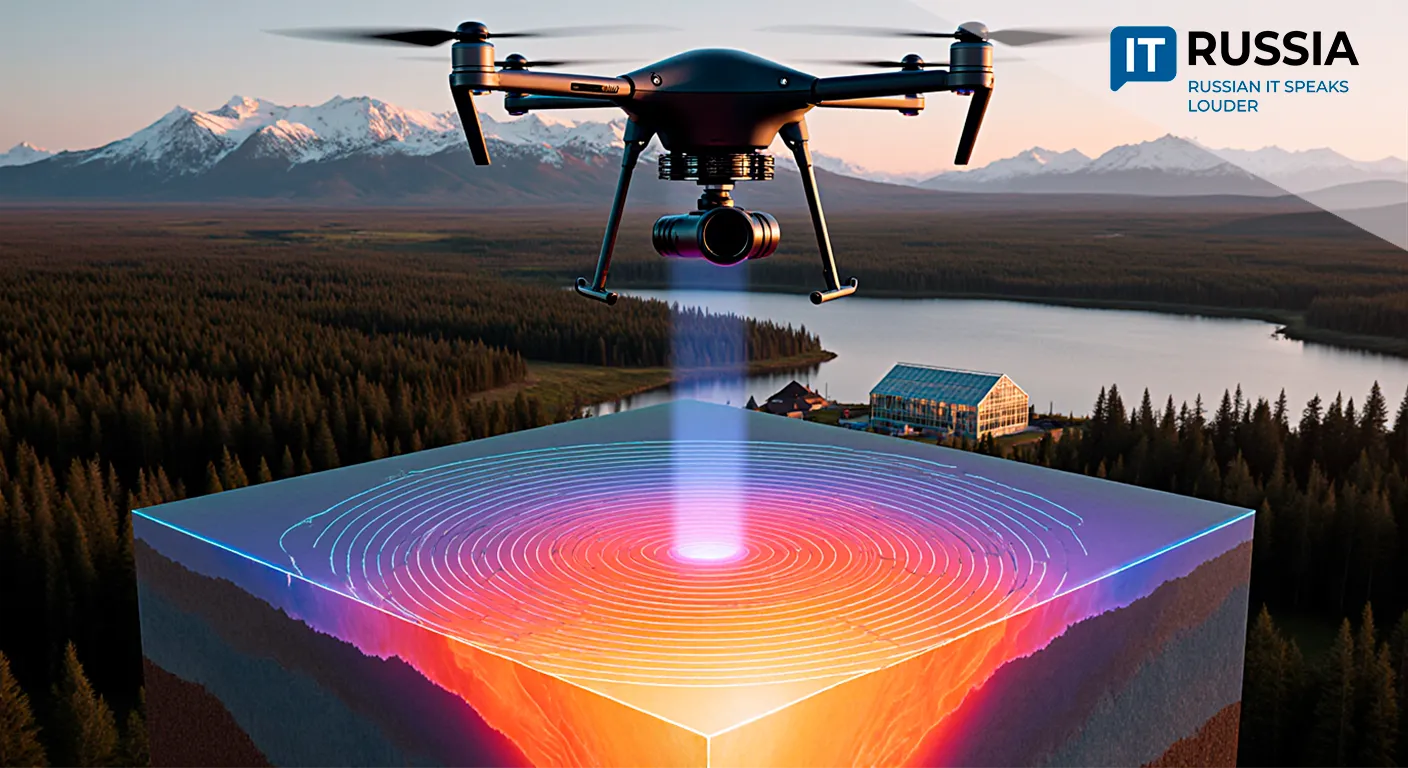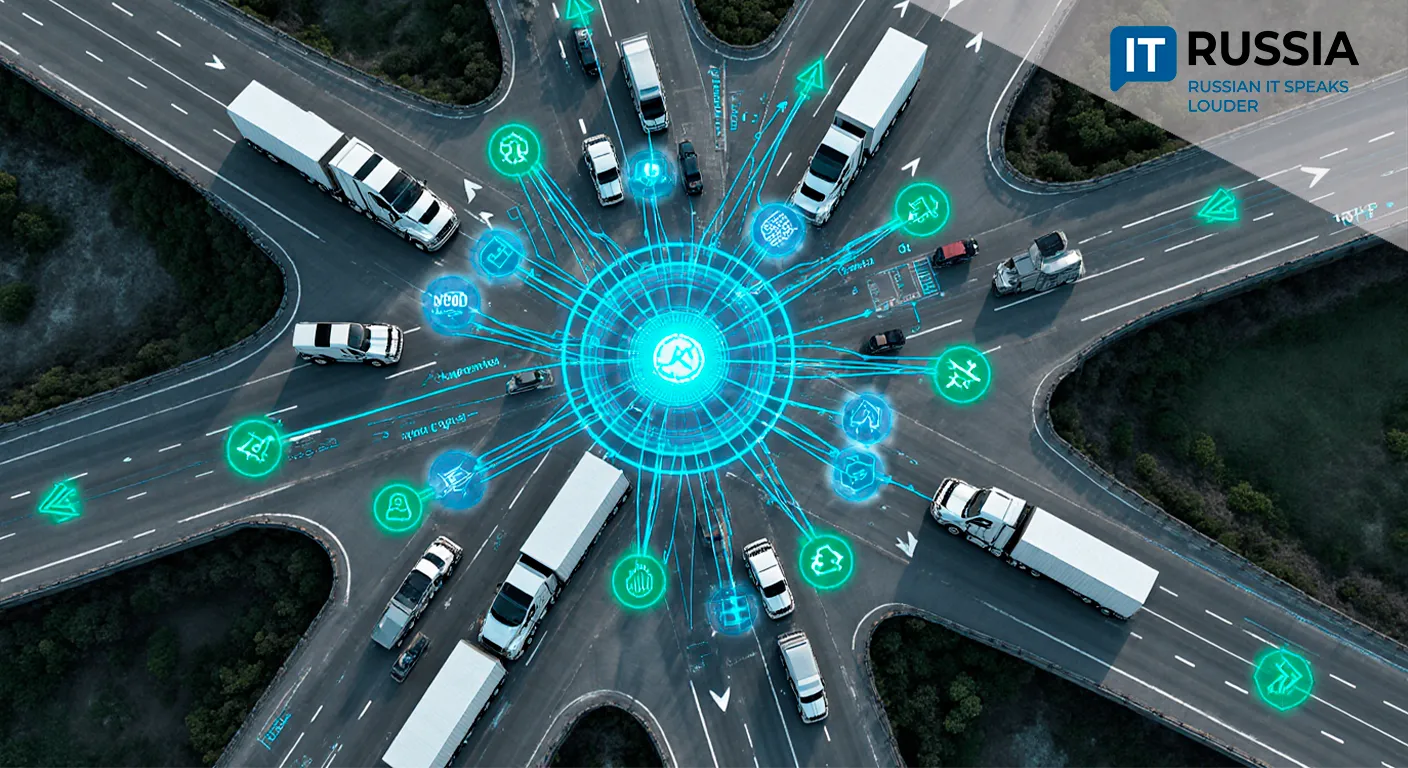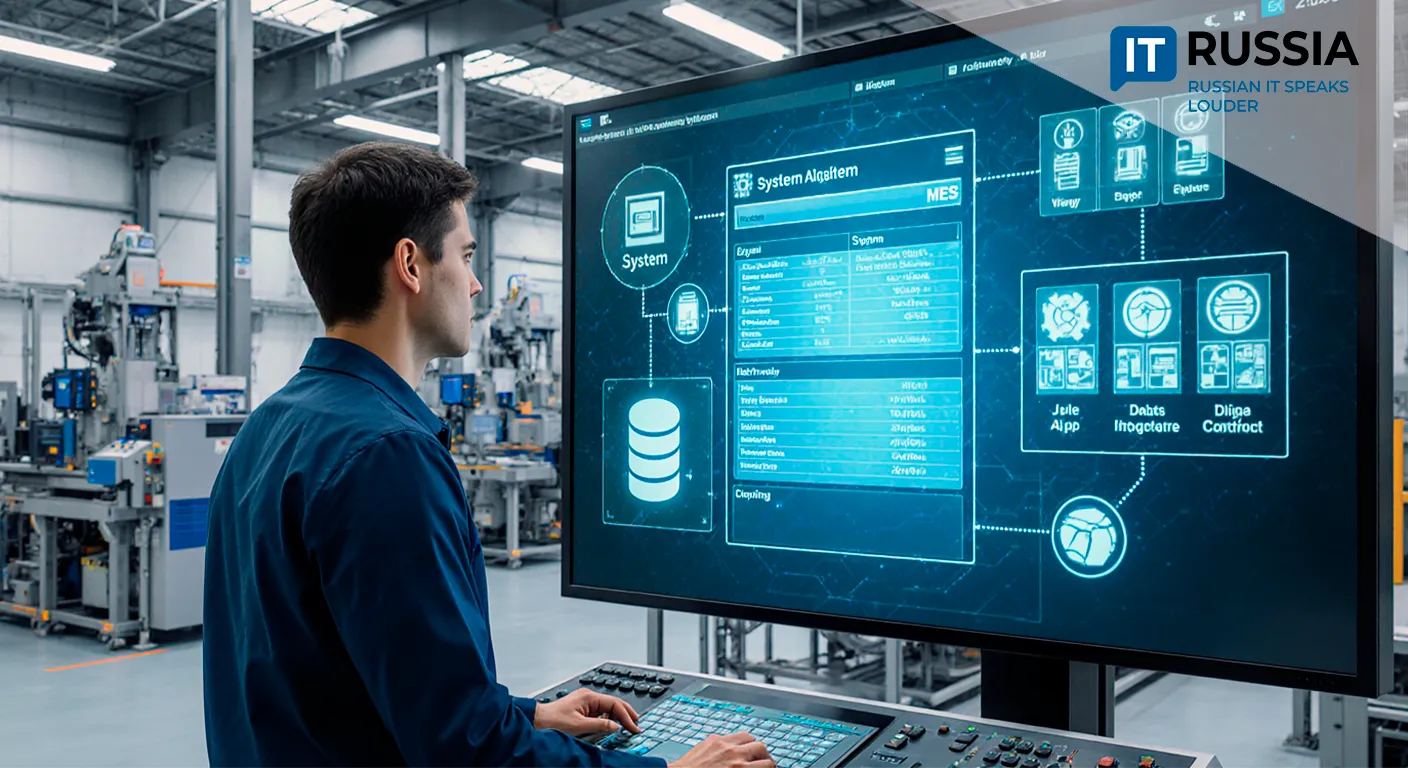Russia Trains AI to Save Lives: Neural Networks Detect Cancer at Early Stages
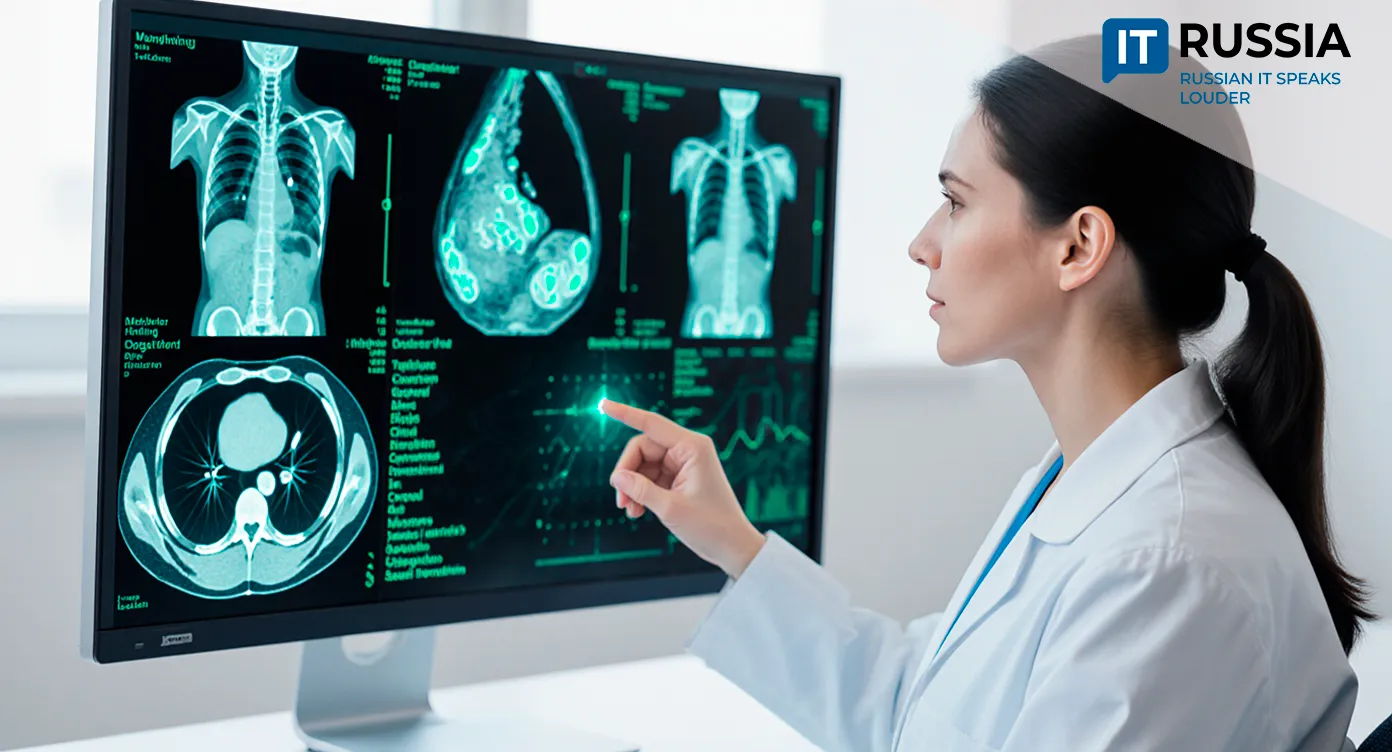
In Russian clinics, artificial intelligence is helping doctors identify cancer long before symptoms appear. Neural networks analyze medical images, detect the slightest abnormalities, and provide preliminary diagnoses, saving precious time. For thousands of patients, that time translates into the most valuable outcome—a chance for complete recovery.
When Technology Works for the Doctor
Today, AI in Russian healthcare is no longer an ambitious experiment but an integral part of medical reality. From Moscow to remote regions, doctors increasingly rely on neural networks that instantly process test results, compile medical summaries, and help detect diseases before they manifest.
Russia has implemented AI not as a novelty, but as a tool that changes lives. Early cancer detection, shorter diagnostic times, and improved diagnostic accuracy are all possible thanks to a comprehensive system of solutions developed domestically.
The guiding principle is simple: AI assists, but does not replace, the doctor. For example, a clinical decision support system (CDSS) analyzes patient complaints, medical history, and test results to suggest the three most likely diagnoses. The physician selects one or makes their own diagnosis. This enhances, rather than undermines, the doctor’s expertise.
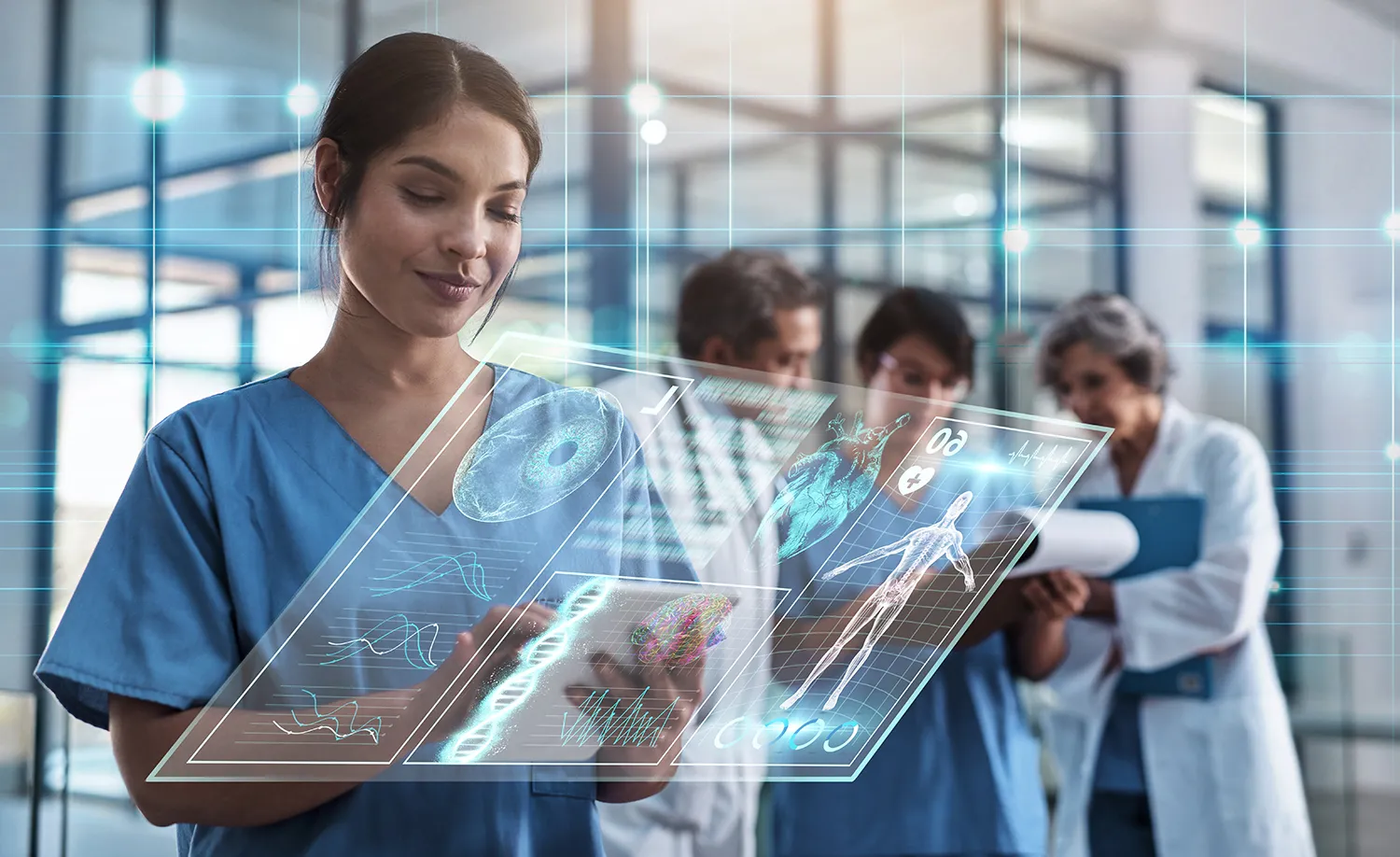
If a patient submits their complaints electronically before an appointment, the system automatically generates a summary of their medical history. The doctor receives it before seeing the patient, allowing them to focus on treatment rather than paperwork.
Measurable Results
The numbers tell the story: Russian AI is transforming healthcare. The time required to interpret X-rays and CT scans has dropped by 25–75%, averaging 45–60%. Diagnostic accuracy has increased by 20%, and early detection rates for breast cancer in Moscow have reached 80%. CDSS has assisted in making 15 million preliminary diagnoses in the capital alone.
Automated ECG interpretation in Moscow’s clinics has accelerated result processing by 3–5 times. Medical record summarization saves doctors up to 50% of the time otherwise spent reviewing patient histories.
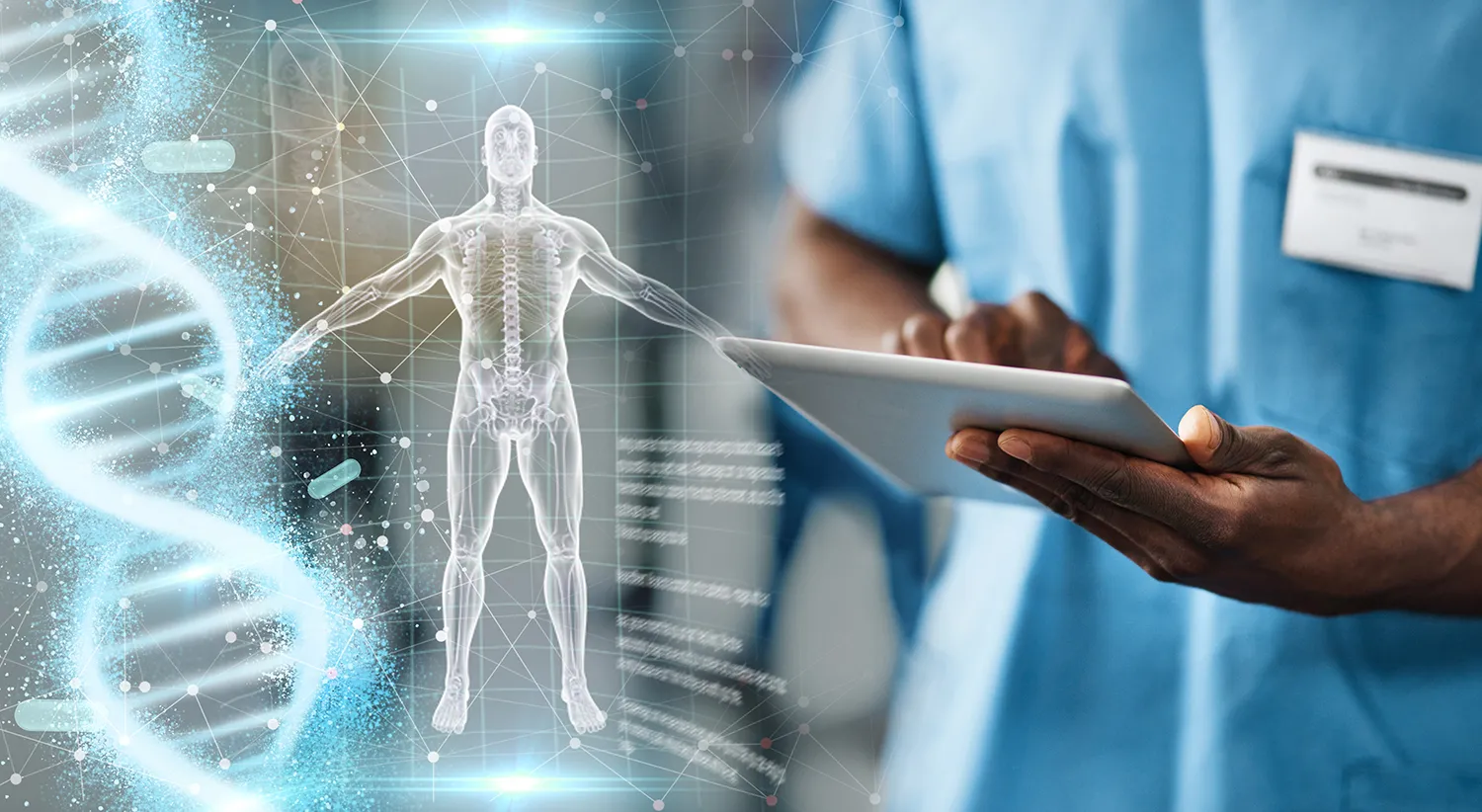
AI is now used in radiology, mammography, CT, MRI, fluorography, ECG interpretation, lab analysis, robotic surgery, and appointment scheduling. In just the first six months of this year, more than 763,000 AI-assisted mammograms, nearly 1.9 million chest X-rays, and over 86,000 chest CT scans were performed.
Significance for Russia and the World
For Russian citizens, this means timely diagnoses, fewer errors, and better care—even in regions with physician shortages. For Russia, it means a stronger healthcare system, resource savings, and faster diagnostics. For the world, it’s proof that Russian-developed technology can compete globally.
Over the past five years, several flagship solutions have emerged: “Third Opinion” for analyzing chest X-rays and CT scans to detect pneumonia, tuberculosis, and other conditions; “Morphologica” for automated histological analysis to speed cancer diagnosis; “TeleMed” for cardiovascular disease management; “Curator” for patient risk analysis and prevention recommendations; and “Online Doctor” for AI-assisted teleconsultations. All were created in Russia for Russian patients.
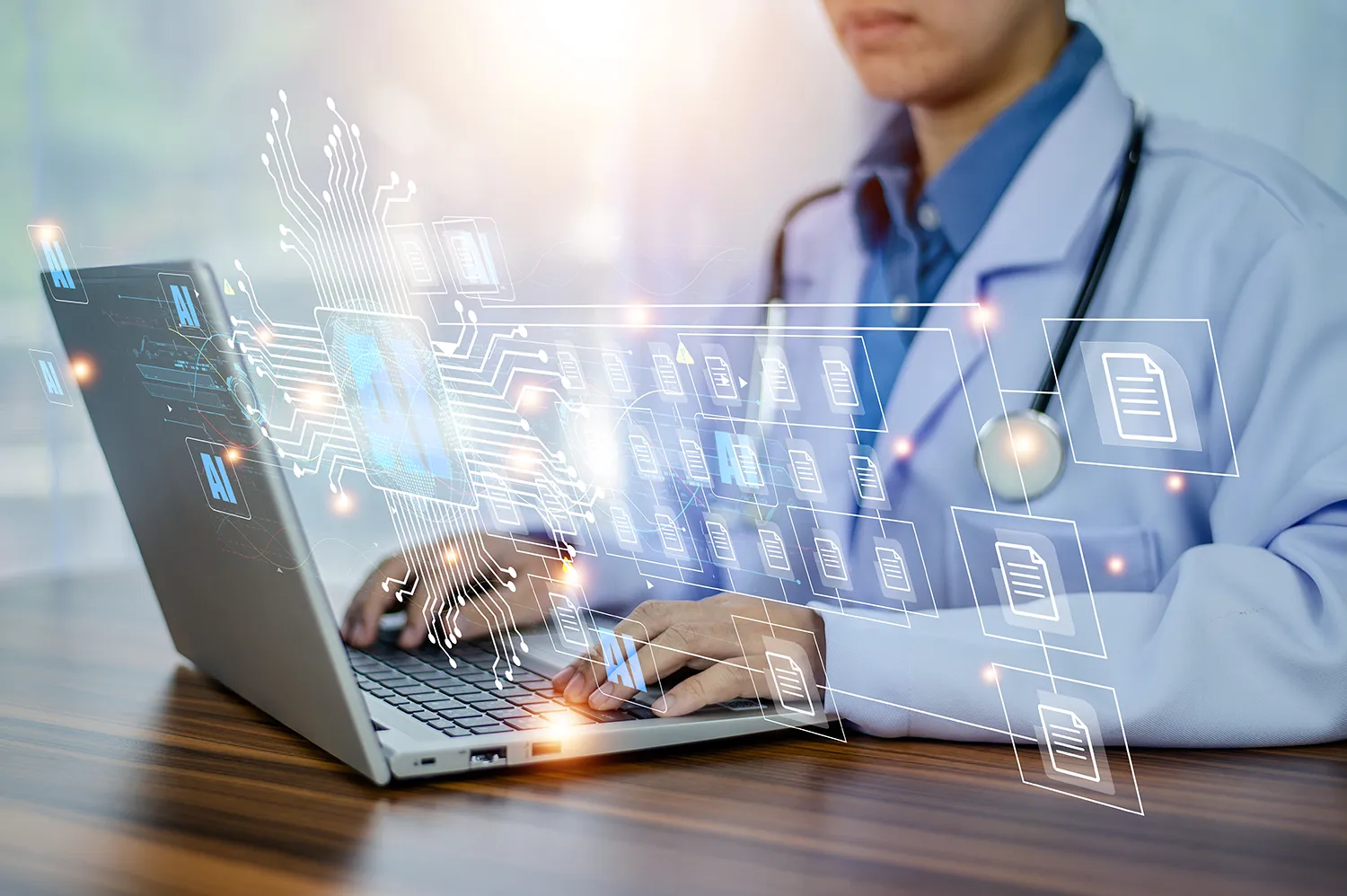
Looking Ahead
In the coming years, AI diagnostics will expand nationwide via the Unified State Health Information System (EGISZ), especially benefiting oncology and underserved regions. There is also export potential for Russian AI healthcare solutions in countries facing medical staff shortages, particularly in Asia, Africa, and Latin America.
Future breakthroughs may include deeper integration of AI into pathology, cardiology, and chronic disease monitoring. This will help create not just smart hospitals, but a system where every minute and every diagnosis contributes to saving lives.
This is not a vision of the future—it is already happening. Russia’s advantage lies not only in technology, but in the ability to turn innovation into lives extended and saved.



